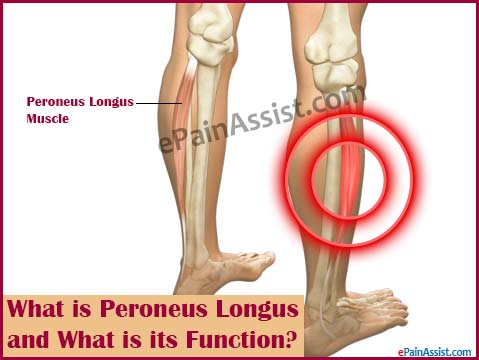
peroneus [per-uh-nee-uh s] ExamplesWord Origin noun, plural per·o·ne·i [per-uh-nee-ahy] /ˌpɛr əˈni aɪ/. Anatomy.
- any of several muscles on the outer side of the leg, the action of which assists in extending the foot and in turning it outward.
Origin of peroneus 1695–1705; New Latin: literally, of the fibula, equivalent to peronē the fibula (see peroneal) + -us -ous Examples from the Web for peronei Historical Examples of peronei
Motor paralysis of the peronei followed, together with general lowering of tactile sensation in the musculo-cutaneous area.
Surgical Experiences in South Africa, 1899-1900
George Henry Makins
When the eversion is more pronounced, the sole looks laterally and the tendons of the peronei stand out in relief.
Manual of Surgery Volume Second: Extremities–Head–Neck. Sixth Edition.
Alexander Miles
It especially affects the peronei and the extensors of the toes, and is unilateral.
Manual of Surgery Volume Second: Extremities–Head–Neck. Sixth Edition.
Alexander Miles
The peronei are displaced from their grooves, and may lie in front of the lateral malleolus.
Manual of Surgery Volume Second: Extremities–Head–Neck. Sixth Edition.
Alexander Miles
Dislocation of the peronei tendons may occur, for example, from a violent twist of the foot.
Alexis Thomson and Alexander Miles
 Liberal Dictionary English Dictionary
Liberal Dictionary English Dictionary